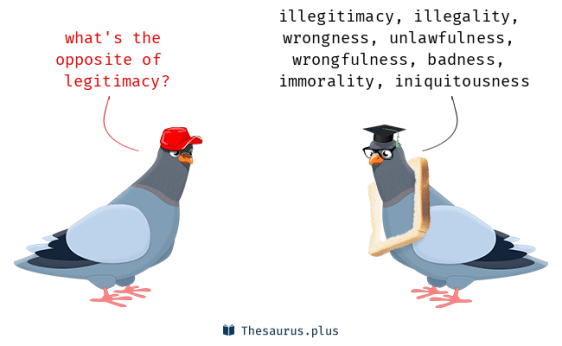Posts Tagged ‘Cullen–Harrison Act’
“Society gives legitimacy and society can take it away”*…
Yesterday’s post featured an argument that attention (which social, economic, and commercial discourse increasingly treat as a limited resource) is not in fact scarce at all, and indeed, that it is dehumanizing to think of it in that way.
Today’s offering nominates a different kind of scarcity as worthy of our thought…
Legitimacy is a pattern of higher-order acceptance. An outcome in some social context is legitimate if the people in that social context broadly accept and play their part in enacting that outcome, and each individual person does so because they expect everyone else to do the same.
Legitimacy is a phenomenon that arises naturally in coordination games. If you’re not in a coordination game, there’s no reason to act according to your expectation of how other people will act, and so legitimacy is not important. But as we have seen, coordination games are everywhere in society, and so legitimacy turns out to be quite important indeed. In almost any environment with coordination games that exists for long enough, there inevitably emerge some mechanisms that can choose which decision to take. These mechanisms are powered by an established culture that everyone pays attention to these mechanisms and (usually) does what they say. Each person reasons that because everyone else follows these mechanisms, if they do something different they will only create conflict and suffer, or at least be left in a lonely forked ecosystem all by themselves. If a mechanism successfully has the ability to make these choices, then that mechanism has legitimacy.
…
There are many different ways in which legitimacy can come about. In general, legitimacy arises because the thing that gains legitimacy is psychologically appealing to most people. But of course, people’s psychological intuitions can be quite complex. It is impossible to make a full listing of theories of legitimacy, but we can start with a few:
Legitimacy by brute force: someone convinces everyone that they are powerful enough to impose their will and resisting them will be very hard. This drives most people to submit because each person expects that everyone elsewill be too scared to resist as well.
Legitimacy by continuity: if something was legitimate at time T, it is by default legitimate at time T+1.
Legitimacy by fairness: something can become legitimate because it satisfies an intuitive notion of fairness. See also: my post on credible neutrality, though note that this is not the only kind of fairness.
Legitimacy by process: if a process is legitimate, the outputs of that process gain legitimacy (eg. laws passed by democracies are sometimes described in this way).
Legitimacy by performance: if the outputs of a process lead to results that satisfy people, then that process can gain legitimacy (eg. successful dictatorships are sometimes described in this way).
Legitimacy by participation: if people participate in choosing an outcome, they are more likely to consider it legitimate. This is similar to fairness, but not quite: it rests on a psychological desire to be consistent with your previous actions.
Note that legitimacy is a descriptive concept; something can be legitimate even if you personally think that it is horrible. That said, if enough people think that an outcome is horrible, there is a higher chance that some event will happen in the future that will cause that legitimacy to go away, often at first gradually, then suddenly…
The co-founder of Etherium, Vitalik Butarin (@VitalikButerin) on why “The Most Important Scarce Resource is Legitimacy.” Whatever one’s feeling about cryptocurrency, it’s eminently worthy of reading in full… and of submitting to the same sort of questioning that L.M. Sarcasas mustered yesterday,
* Willis Harman
###
As we channel John Locke, we might recall that it was on thus date in 1933 that the the Cullen–Harrison Act, legalizing the sale of beer (after 14 years of Prohibition), came into force. Americans celebrated by consuming 1.5 million barrels of beer that day.
The Cullen-Harrison Act was not the official end of prohibition in the U.S., but it did redefine an “intoxicating beverage” under the Volstead Act (which was created in 1919 to carry out the intent of the 18th Amendment– and was fully repealed later in 1933).
During Prohibition, while alcohol consumption fell initially, it pretty briskly returned to 60-70% of its pre-Volstead Act levels. Indeed, it was in 1923 that the invented word “scofflaw” was introduced to the American vocabulary. Created to mean “a lawless drinker of illegally made or illegally obtained liquor,” it gained wide usage through Prohibition, and survives to day, referring to those who ignore/break minor laws that are infrequently enforced… which is to say, laws that rely on legitimacy for their effectiveness.


You must be logged in to post a comment.